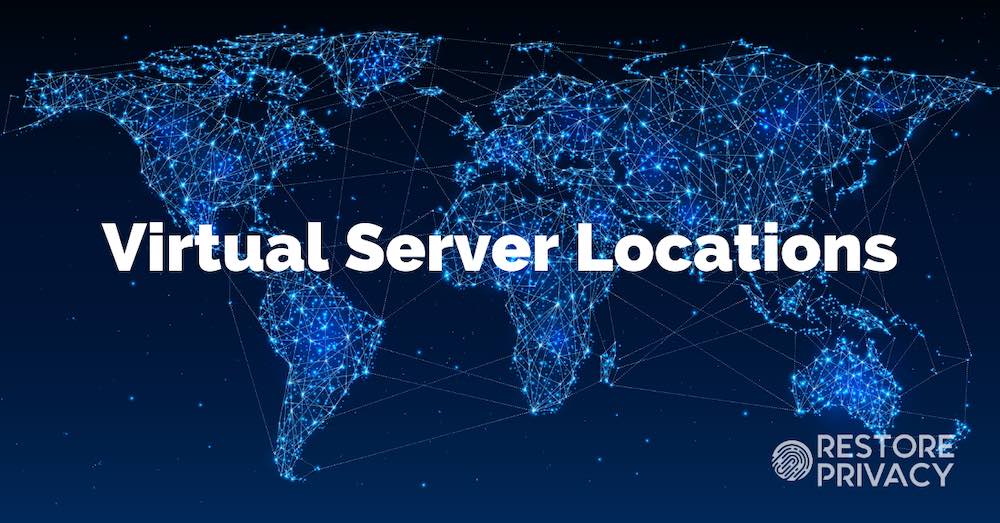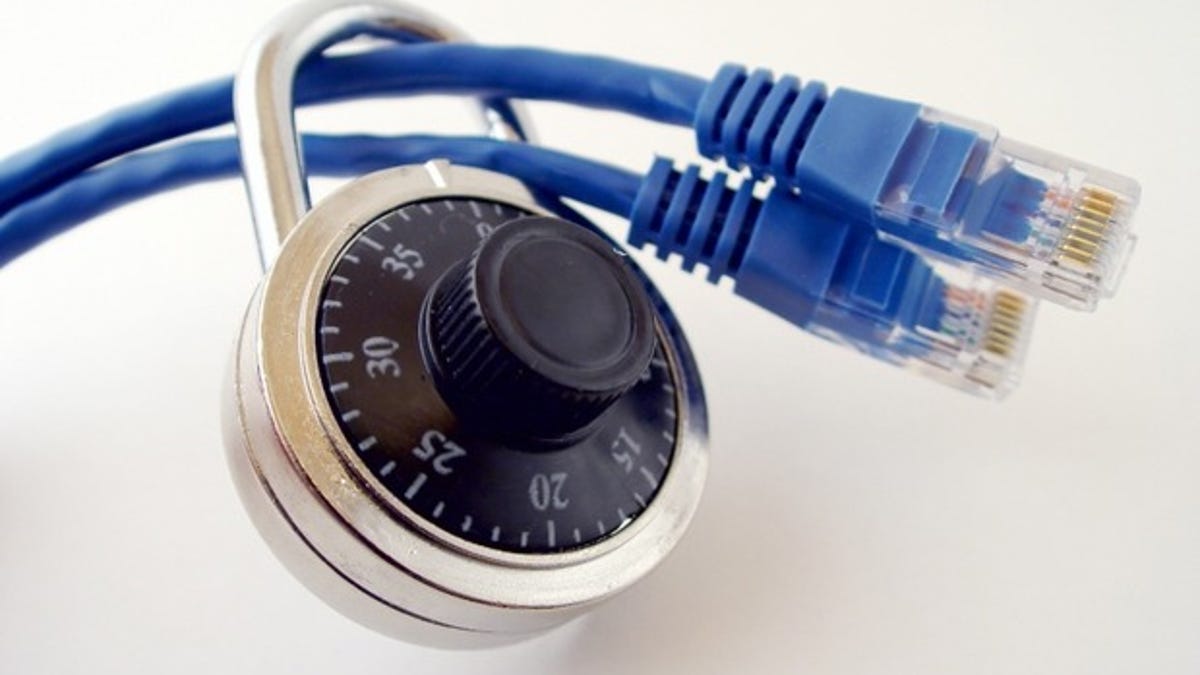- Oct 9, 2016
- 6,196
I refer to VPNs using the abovementioned types of servers
Many would argue that the you are not getting the true geolocation of the VPN server when you are using virtual servers.............and that is TRUE! Many would also argue that using virtual servers are insecure. This depends.
The below link was done with 8 VPN providers and the results show the use (or not use) of virtual servers

 restoreprivacy.com
restoreprivacy.com
Read through the comments
The below links discussed the security of virtual servers

 www.zdnet.com
www.zdnet.com

 searchcio.techtarget.com
searchcio.techtarget.com
In short, virtual servers are as bad as bare-metal physical servers when come to malware attacks. However, if both are equally hardened then the probability of being attacked would be very less.
Now, I use VPNs like many others. A VPN has many uses and these you can find them on the net. The main reasons being a VPN
changes your real IP address i.e. to hide your true geolocation
provides an encrypted tunnel from your PC to the VPN service provider
Of course the more difficult your fake VPN IP address (geolocation) can be detected the better it is. So a virtual server offering a more fake geolcation than a fake geolocation offered by a bare-metal physical server is a better privacy choice because the former is faking your geolocation twice.
Do you agree?
Many would argue that the you are not getting the true geolocation of the VPN server when you are using virtual servers.............and that is TRUE! Many would also argue that using virtual servers are insecure. This depends.
The below link was done with 8 VPN providers and the results show the use (or not use) of virtual servers

Lies vs Statistics: VPN Virtual Server Locations
VPN services typically promote themselves for online security and anonymity, and access to geo-blocked content. And they typically brag about not keeping logs, high download speed, and diversity of server locations. Location diversity isn't just a bragging point. That is, to maximize speed, one...
 restoreprivacy.com
restoreprivacy.com
Read through the comments
The below links discussed the security of virtual servers

Virtual servers: No safer than any other kind
As we move our physical servers to virtual servers, don't think for one second they're any more secure.
 www.zdnet.com
www.zdnet.com

Virtual servers vs. physical servers: What are the differences? | TechTarget
The differences between virtual servers vs. physical servers aren't just in their architecture. Navigate the performance, portability, scalability, management, security, cost, availability and recovery of each type to decide what's best for your workloads.
In short, virtual servers are as bad as bare-metal physical servers when come to malware attacks. However, if both are equally hardened then the probability of being attacked would be very less.
Now, I use VPNs like many others. A VPN has many uses and these you can find them on the net. The main reasons being a VPN
changes your real IP address i.e. to hide your true geolocation
provides an encrypted tunnel from your PC to the VPN service provider
Of course the more difficult your fake VPN IP address (geolocation) can be detected the better it is. So a virtual server offering a more fake geolcation than a fake geolocation offered by a bare-metal physical server is a better privacy choice because the former is faking your geolocation twice.
Do you agree?
Last edited: